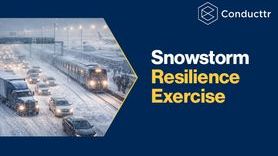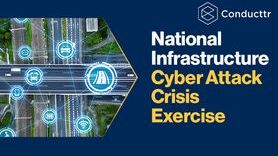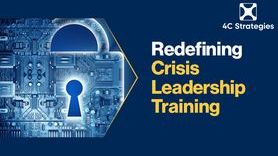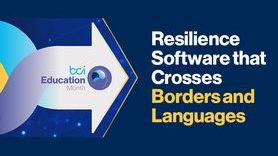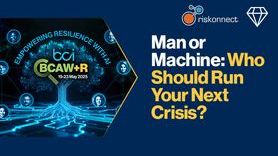Ten common learnings from Crisis Simulation Exercises (CSEs)

CSEs are face-to-face facilitated walk-throughs of an evolving disruptive scenario. They are delivered to key staff and developed to replicate the reality of a genuine crisis.
The ten most common recommendations we make, listed below, reveal the resilience gaps which most frequently arise – these are often easy fixes that do not require large amounts of investment.
- Out of date resources and documentation. The most common recommendation we make involves a review of Business Continuity Plans and resources needed to respond. This reflects a tendency for documents not to be managed and for details to be incorrect when they are needed.
- Lack of experience and planning for dealing with the press. We find that many organisations are not prepared for dealing with the press, do not have experience of how the 24/7 media operates and do not have the skills to cope when faced with challenging lines of questioning.
- Poor record-keeping. Companies are often poor at logging their actions, and available information, as they respond to a crisis. Record-keeping is vital to protect responding staff and to collect information for future learning.
- Stronger support at the corporate level. For large clients, the support from Corporate for individual sites is often limited. The support comes in too late and frequently Corporate wants to take control without being best placed.
- Lack of clear roles and responsibilities. One of the biggest problems when responding to a crisis is a lack of clarity about who should be doing what. It is important that each team member is trained and competent in their role.
- A clearer command structure. As with the question of roles and responsibilities, command structures are central to a coordinated and effective response. It is critical that you have a well-rehearsed command structure, with clear lines of communication and authority.
- Better training for newer team members. Annual churn of staff, leads to skills and experience reducing over time unless regular training is provided.
- The development of stronger relationships with Emergency Services. The emergency services play a central role in many if not all crises, so establishing a longstanding relationship of trust with them is crucial. Many businesses do not understand the support the Emergency Services offer and how they will respond to different events.
- The need for backup locations or virtual response. Many businesses practice how they would respond whilst at their premises, but do not anticipate a crisis that could force them offsite or lead them to respond virtually.
- An improvement to communication processes. Communication is central to any effective response and it is always the first thing to break down in an exercise. There should be pre-agreed processes for information flow and team communication, that is practised regularly.



